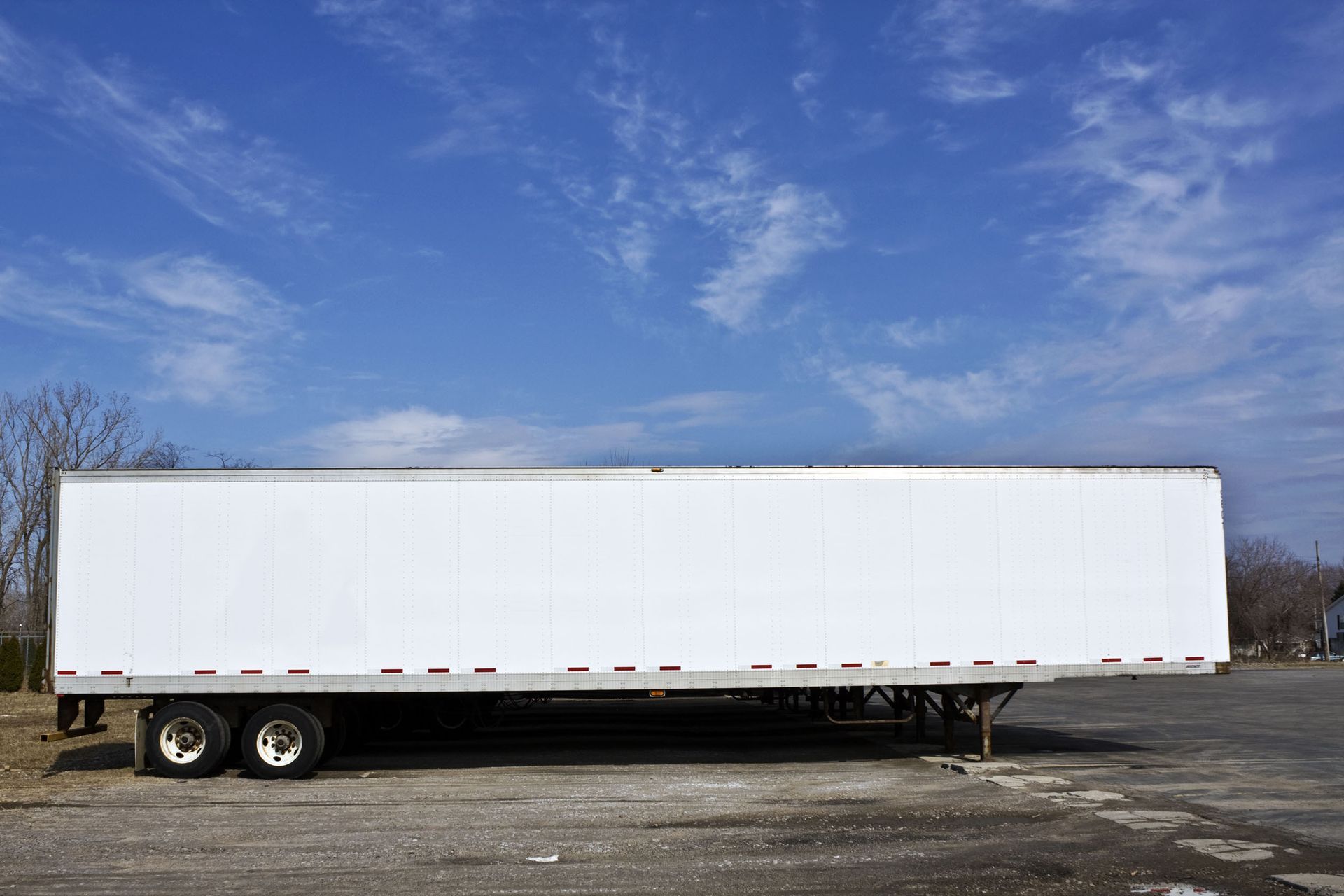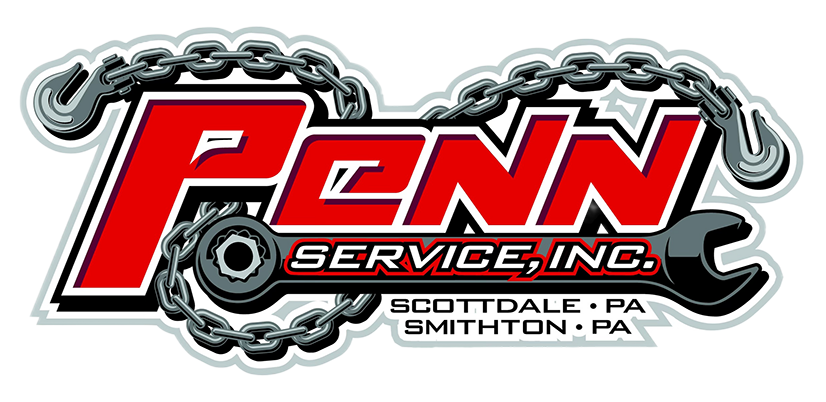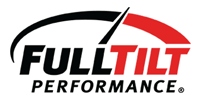Common Semi Trailer Repairs and How to Prevent Them
Understanding the complexities of semi-trailer repair is essential for maintaining the efficiency, safety, and longevity of your transportation operations. Semi-trailers are critical assets in the logistics and freight industry, yet they endure significant wear and tear due to heavy loads, long distances, and varying road conditions. Addressing repairs promptly and implementing preventive measures can save both time and money, ensuring that semi-trailers remain reliable throughout their lifespan. In this article, we will explore the most common semi-trailer repairs, discuss preventive strategies, outline associated costs, and highlight the role of inspections and technology in keeping trailers in top condition.
What Are the Most Common Semi-Trailer Repairs?
Semi-trailers face a variety of mechanical and structural issues over time, many of which are predictable and manageable with proper care. One of the most frequent areas requiring semi-trailer repair involves brake systems. Trailer brakes experience constant pressure and friction, which can cause worn pads, malfunctioning air lines, or brake drum damage. Failing brakes not only compromise safety but can also lead to costly fines and operational delays.
Suspension systems are another common reason for semi-trailer repair. Semi-trailers often carry heavy loads, and repeated stress on leaf springs, shocks, and air ride components can result in alignment problems or premature wear. Malfunctioning suspension affects handling, increases tire wear, and can cause uneven cargo distribution.
Tires are also a frequent concern. Semi-trailer tires bear substantial weight and are exposed to fluctuating temperatures, road debris, and uneven surfaces. Blowouts or uneven tread wear often lead to emergency semi-trailer repair. Regular inspections and timely replacements are key to preventing tire-related accidents.
Electrical and lighting systems frequently require semi-trailer repair as well. Trailers rely on a complex network of wiring, brake lights, turn signals, and marker lights for safe operation. Wiring corrosion, blown fuses, or bulb failures can compromise visibility and safety, making prompt repair essential.
Structural damage is another common area. Floorboard wear, frame cracks, and door alignment issues often require semi-trailer repair, particularly in older trailers or those used for heavy-duty hauling. Early detection of structural problems can prevent more extensive and costly damage.
How Can I Extend the Lifespan of My Semi-Trailer?
Preventive maintenance is the cornerstone of extending a semi-trailer’s lifespan. Routine inspections and timely repairs reduce downtime and enhance safety. Establishing a scheduled maintenance program, which includes checking brakes, suspension, tires, and lights at regular intervals, allows technicians to catch minor issues before they escalate into a major semi-trailer repair.
Proper load management also plays a significant role in trailer longevity. Avoiding overloading and ensuring cargo is evenly distributed prevents undue stress on tires, axles, and suspension systems. Overloaded trailers are more likely to experience brake failures, tire blowouts, and frame damage, increasing the frequency of semi-trailer repair.
Cleaning and lubricating critical components is another effective strategy. Trailer axles, hinges, and moving parts should be regularly lubricated to prevent rust and mechanical wear. For refrigerated trailers, keeping refrigeration units and insulation clean ensures consistent temperature control. According to Mordor Intelligence, there are approximately 500,000 refrigerated semi-trucks operating in the US, highlighting the importance of specialized maintenance for these units.
Driver training is an often-overlooked factor. Educating drivers on proper braking techniques, turning practices, and handling uneven roads minimizes wear and tear, reducing the need for frequent semi-trailer repair. By combining careful operation with routine maintenance, operators can significantly extend trailer life.
What Costs Are Involved in Semi-Trailer Repair?
Understanding the costs associated with semi-trailer repair is crucial for budgeting and operational planning. Repairs can range from minor fixes to major overhauls, and expenses often vary based on trailer age, the severity of damage, and the type of equipment involved.
Brake system repairs tend to be among the more expensive semi-trailer repair tasks, particularly if multiple components need replacement. Pads, drums, calipers, and air lines all contribute to overall costs. Suspension repairs can also be costly due to the complexity of replacing shocks, springs, or air ride systems.
Tire replacement represents a recurring cost because semi-trailer tires have finite lifespans depending on usage. Investing in high-quality tires can reduce the frequency of replacement, but road hazards still necessitate occasional semi-trailer repair.
Structural repairs and electrical fixes are more variable. Frame cracks or floorboard replacements require both labor and materials, while electrical rewiring can be intricate and time-consuming. Refrigerated trailers often incur additional costs, as refrigeration units require specialized servicing to maintain optimal performance.
Planning for semi-trailer repair costs as part of routine operational budgets helps businesses avoid financial surprises and ensures trailers remain safe and reliable. Proactive maintenance is generally more cost-effective than reactive repairs.
Why Are Regular Inspections Important for Semi-Trailers?
Regular inspections are a vital preventive measure for semi-trailers. They allow operators and technicians to identify potential issues before they escalate, reducing downtime, preventing costly repairs, and minimizing the risk of accidents on the road. Semi-trailer inspections typically cover a wide range of components, including brakes, suspension, tires, electrical systems, lights, and overall structural integrity. Checking each system thoroughly ensures that the trailer remains in a safe, reliable working condition and helps detect wear and tear that might not be immediately obvious.
Inspections are especially important for trailers that transport sensitive or perishable cargo. Refrigerated trailers, for example, must maintain precise temperature control to protect goods from spoilage or damage. Routine inspections of refrigeration units, insulation, door seals, and other related components ensure that the cargo environment remains consistent and safe. Even minor malfunctions in these systems can lead to product loss or customer dissatisfaction, highlighting the importance of proactive checks.
By identifying small problems early—such as a worn brake pad, a loose suspension bolt, or minor tire damage—inspections can prevent minor issues from turning into major failures. Establishing a formal inspection routine, supported by detailed checklists and documentation, helps standardize maintenance practices and ensures that no critical component is overlooked.
How Can Technology Aid in Semi-Trailer Maintenance?
Technology has transformed semi-trailer maintenance, making
semi-trailer repair more efficient and proactive. Fleet management systems track trailer performance, mileage, and component lifespan, enabling operators to schedule maintenance before failures occur.
Telematics solutions allow real-time monitoring of tire pressure, brake function, and refrigeration unit performance. Alerts from these systems can notify operators of potential problems while trailers are still on the road, reducing the risk of breakdowns and costly semi-trailer repair.
Modern diagnostic tools simplify electrical troubleshooting, suspension analysis, and refrigeration system assessments. By identifying issues quickly and accurately, technology minimizes downtime and labor costs. Predictive maintenance algorithms analyze historical data to forecast component failures and optimize repair schedules.
Technology also supports training and compliance. Digital logs, instructional videos, and remote diagnostics help ensure that drivers and technicians follow best practices, reducing mechanical stress on trailers and decreasing the frequency of semi-trailer repair.
Addressing common semi-trailer repairs proactively and implementing preventive strategies can significantly reduce downtime, extend trailer lifespan, and lower overall maintenance costs. From brake and suspension work to electrical and structural repairs, every aspect of semi-trailer upkeep requires attention and regular oversight. Integrating inspections, load management, careful driver practices, and technology-driven maintenance ensures reliability and protects your investment. By staying informed and using available resources, businesses can minimize unexpected breakdowns and costly semi-trailer repair, maintaining the performance and safety of their fleets and keeping cargo on schedule. If you need reliable semi-trailer repair, contact Penn Service Inc today!















Share On: